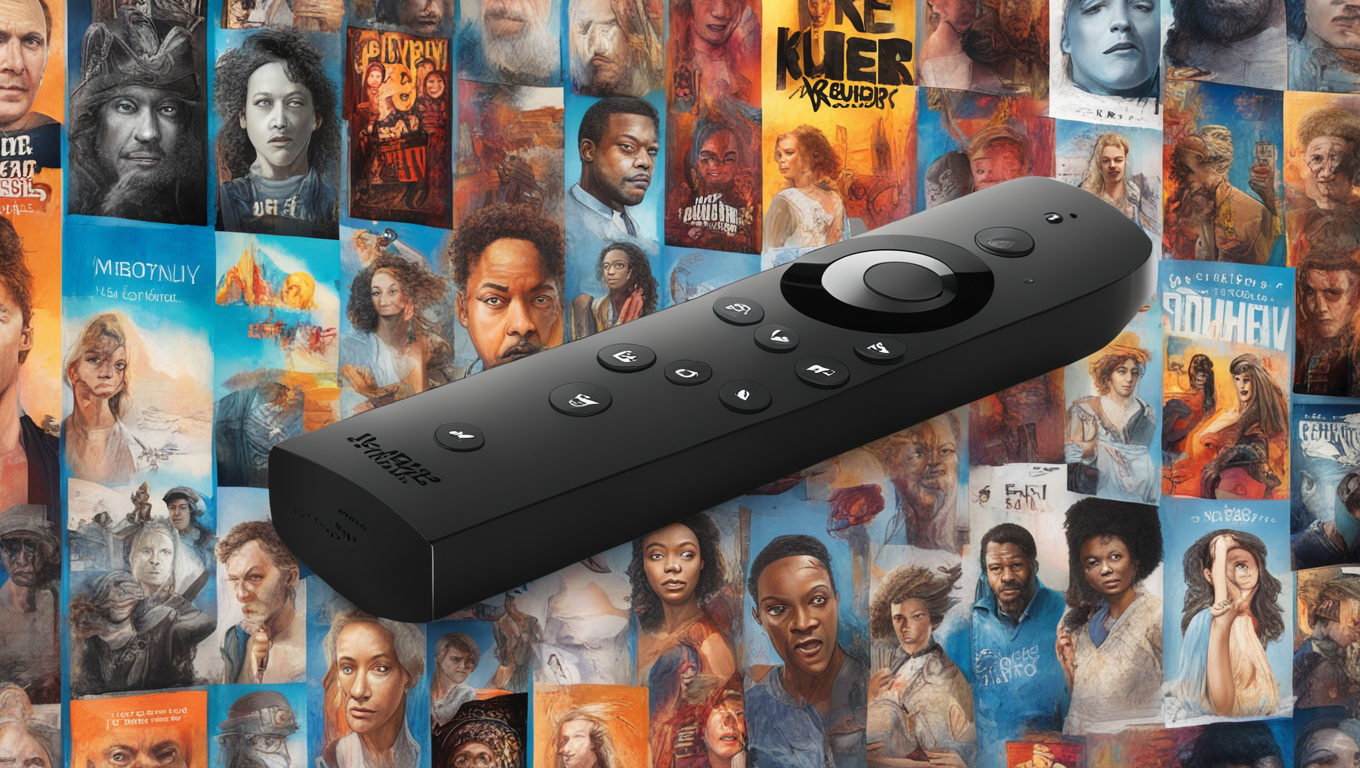Amazon is introducing an AI-powered search feature to its Fire TV platform, significantly enhancing content discovery for users. The search functionality is powered by a large language model (LLM) and allows users to ask Alexa complex and nuanced queries about TV shows and movies. Users can ask questions like “Show me psychological thrillers with surprise endings” or “What movie has the line, ‘You’re killing me Smalls?'” The search results include options from Prime Video and other streaming services. The AI search feature is being rolled out to users in the United States using Fire TV devices running FOS6 and later, with plans to expand to all capable devices in the coming weeks.
Peter Korn, Amazon’s director of accessibility for devices and services, highlighted the significance of the AI search feature in the context of accessibility. Korn emphasized that the recommendations provided by the AI make content more accessible for the disability community. He explained that this feature is part of Amazon’s ongoing efforts to make its software as accessible as possible for all users. Korn mentioned various accessibility innovations that Amazon has worked on over the past decade, such as Dialogue Boost in Prime Video and the VoiceView screen reader. He described the AI search feature as another contribution to the overall accessibility of the platform, particularly in terms of cognitive accessibility.
Korn emphasized the power and application of LLMs in compensating for a decline in cognitive skills, which can occur as people age. He stated that cognition is an area of accessibility that has not received enough attention and praised AI search for its potential to address this issue. Korn believes that what is essential for some individuals with disabilities can also be valuable for others. For example, the dialogue enhancement feature intended for people with hearing loss can also benefit those who struggle to hear dialogue during action scenes. He sees generative AI searching as another example of how accessibility can help everyone.
When asked about artificial intelligence and accessibility, Korn stressed the responsibility of technology companies to build AI thoughtfully and in ways that are helpful to people. He mentioned that Amazon’s software engineering teams are exploring how generative AI can be leveraged to provide alt-text for imagery or captions for video through accessibility APIs. Korn also commended other industry players, such as Be My Eyes and Microsoft, for their use of AI to enhance accessibility.
Korn believes that Fire TV’s accessibility merits go beyond content discovery. For example, the Fire TV Cube can not only search for content but also control a person’s entire home theater setup, including switching HDMI inputs and changing channels in apps like YouTube TV. Korn noted that the Cube has received positive feedback from disabled individuals, who consider it a valuable tool for accessibility beyond just television.
Looking ahead, Korn envisions Fire TV’s technical capabilities becoming even more apparent in the future. He believes that the power of the platform will allow users to keep their older devices for longer, as software updates rely on cloud-based infrastructure. This means that customers won’t have to spend money on replacing their devices as frequently. Korn expressed excitement about working under Panos Panay, a longtime Microsoft executive leading Amazon’s consumer electronics business. Korn believes that Panay’s support signals a focus on accelerating accessibility in forthcoming products.
In conclusion, Amazon’s introduction of AI-powered search for Fire TV revolutionizes content discovery and enhances accessibility for all users. The AI search feature, powered by a large language model, allows users to ask complex queries and receive tailored recommendations. This feature is part of Amazon’s ongoing efforts to make its software as accessible as possible. Peter Korn, Amazon’s director of accessibility, emphasized the significance of cognitive accessibility and the potential of AI to address this issue. He sees accessibility as something that can benefit everyone, not just individuals with disabilities. The Fire TV platform’s accessibility merits extend beyond content discovery, with the Fire TV Cube offering extensive control over home theater setups. Korn believes that Fire TV’s technical capabilities will continue to evolve and that the platform’s power will allow users to keep their devices for longer. Overall, Amazon’s AI search feature on Fire TV demonstrates the company’s commitment to accessibility and its efforts to improve the user experience for all.





Use the share button below if you liked it.